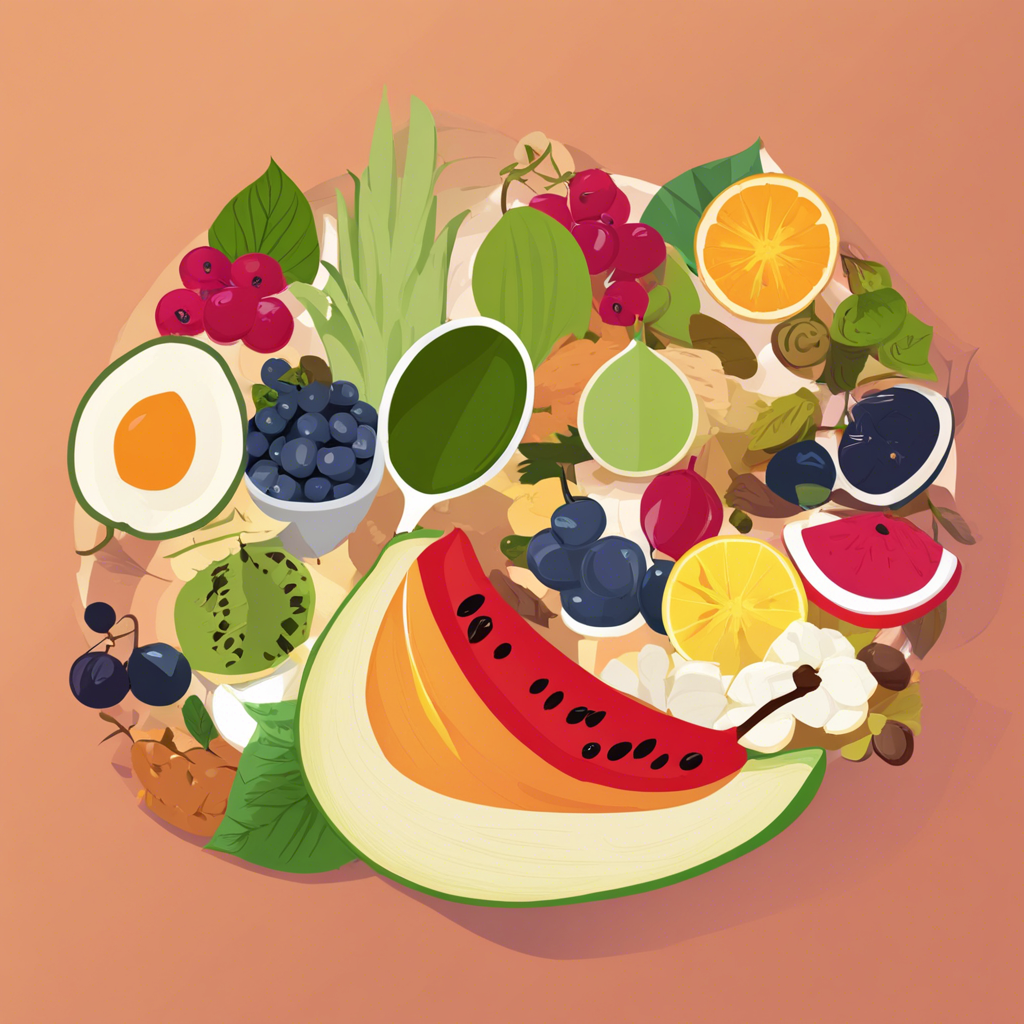Superfoods have been touted as nutritional powerhouses, packed with essential vitamins, minerals, and antioxidants. From acai berries to kale, these supposed superfoods have gained a dedicated following, with people incorporating them into their diets in the hopes of boosting their health and well-being. But are these foods really worthy of the “super” label, or is it all just clever marketing?
When it comes to defining what exactly constitutes a superfood, the lines can be a little blurry. Generally speaking, superfoods are considered to be nutrient-dense foods that offer a range of health benefits. These benefits might include improved heart health, better digestion, enhanced cognitive function, and a boosted immune system. Proponents of superfoods believe that incorporating these foods into your diet can provide a powerful punch of nutrition that may help prevent diseases and promote overall wellness.
One of the best-known examples of a superfood is the acai berry. This small, dark purple fruit hails from South America and has been consumed by indigenous people for centuries. Acai berries gained worldwide attention in the early 2000s when they were marketed as a potent antioxidant-rich food. Since then, they’ve become a popular ingredient in smoothies and bowls, with many people swearing by their health benefits.
Another superfood that has taken the world by storm is avocado. Avocados are packed with healthy monounsaturated fats, which have been linked to improved heart health and lower cholesterol levels. They also contain a range of essential vitamins and minerals, including potassium, fiber, and vitamins C, E, K, and B6. The popularity of avocados has grown exponentially in recent years, with people finding creative ways to incorporate them into meals or even enjoy them on their own.
While there’s no denying that superfoods can be nutrient-rich, the question remains: are they really superior to other healthy foods? After all, a balanced diet includes a variety of whole foods, and no single food can provide all the nutrients we need. In fact, the term “superfood” isn’t a scientific classification or a standardized term used by nutritionists and dietitians. Rather, it’s a marketing term used to promote certain foods based on their perceived health benefits.
So, are superfoods worth the hype? While they can certainly be a nutritious addition to your diet, it’s important to remember that they should be consumed as part of a balanced and varied diet. Relying solely on a few select superfoods while neglecting other healthy foods is not the path to optimal nutrition. Instead, focus on including a variety of whole foods in your diet, such as fruits, vegetables, whole grains, lean proteins, and healthy fats. This will ensure that you’re getting a wide range of nutrients and maximizing the potential health benefits.
That being said, there’s no harm in incorporating some of these so-called superfoods into your diet if you enjoy them and they fit within your nutritional needs and preferences. Just be mindful of the portion sizes, as even healthy foods can contribute to weight gain if consumed in excess. Additionally, be cautious of overly processed or packaged foods that are marketed as superfoods, as they may be loaded with added sugars, preservatives, or other unhealthy ingredients.
In conclusion, while superfoods might not be magical bullets that instantly transform your health, they can certainly be part of a healthy and balanced diet. The key is to approach the concept of superfoods with a critical eye, doing your research and consulting reliable sources to ensure you’re making informed choices. Remember, when it comes to nutrition, variety, balance, and moderation are key.
